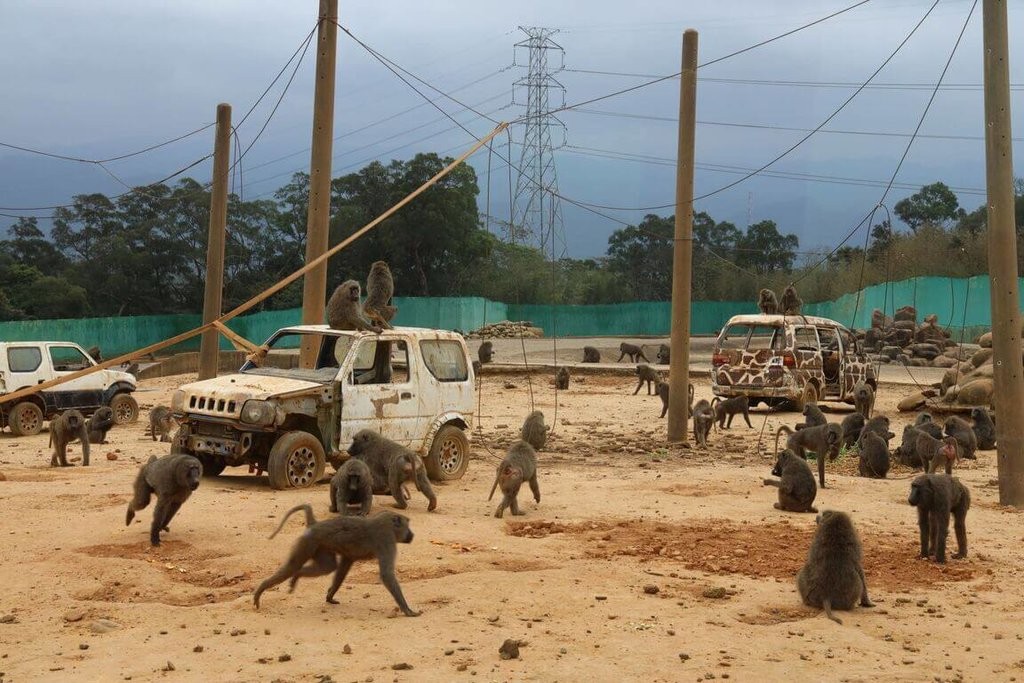
TAIPEI (Taiwan News) — Taiwan’s Cabinet passed draft legal amendments on Thursday (Feb. 15) to ensure owners bear the cost of escaped animals and to completely ban animal traps.
The amendments follow a high-profile baboon escape from a zoo in Taiwan’s north last year and multiple instances of native species being caught in animal traps.
Taiwan’s Cabinet passed the draft amendments to the Wildlife Conservation Act that will require the owners to pay for the capture of escaped animals and other related costs, per CNA. The amendment requires owners to notify local authorities about escaped animals, who can then mount a capture operation at the owners’ cost.
Owners who fail to notify authorities about escaped wildlife will also be liable for fines of up to NT$150,000 (about US$4,777). In March 2023, a baboon escaped from Hsinchu’s Leofoo Village Theme Park and remained at large for over two weeks.
The zoo denied that the animal belonged to the park as it was spotted in multiple locations throughout north Taiwan, though eventually claimed responsibility for it. The animal was ultimately shot and killed after attempts to capture it.
The amendments to the conservation law will also place a complete ban on animal traps. The manufacture, sale, and use of animal traps is prohibited under the Animal Protection Act, though the Cabinet said the amendments will ensure they are completely banned from use in all situations.
The Cabinet’s draft amendments also included instating fines for those found guilty of hunting protected species without permission. Taiwan’s Indigenous people are guaranteed customary hunting rights under certain conditions, though previous cases of Indigenous people hunting protected animals without proper permissions have resulted in criminal charges.
The amendments will allow for fines of up to NT$100,000 to be imposed on those found guilty of the act, instead of criminal charges. The draft amendments also added a definition of “not-for-profit self-use” of wildlife to ensure Indigenous peoples’ customary rights to certain aspects of traditional culture are maintained, such as for hunting and when performing birth or funeral rites.
